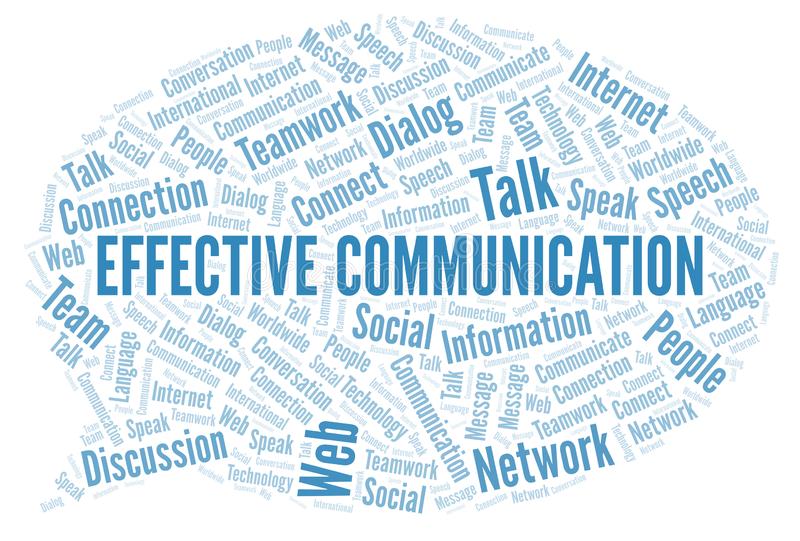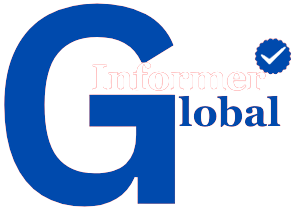Effective Communication in the Workplace: Building Stronger Professional Relationships
Dustin Hoffman May 7, 2024 0
Effective communication is the cornerstone of successful workplace relationships. Whether you’re collaborating on projects, resolving conflicts, or providing feedback, clear and open communication fosters trust, collaboration, and productivity. In this blog, we’ll explore the importance of effective communication in the workplace and provide practical tips for building stronger professional relationships.

Establishing Open Channels of Effective Communication:
Creating an environment where team members feel comfortable expressing their thoughts, ideas, and concerns is essential for effective communication. Encourage open dialogue through team meetings, one-on-one discussions, and digital communication channels. Actively listen to your colleagues, show empathy, and be approachable to foster trust and transparency in the workplace.
Clarifying Expectations and Goals:
Clear communication starts with setting clear expectations and goals. Clearly communicate project objectives, deadlines, and performance expectations to ensure everyone is on the same page. Provide regular updates on project progress, milestones, and any changes in direction to keep team members informed and engaged. By aligning everyone’s efforts towards common goals, you’ll enhance collaboration and productivity in the workplace.
Active Listening and Empathy:
Effective communication is a two-way street that requires active listening and empathy. Practice active listening by giving your full attention to the speaker, maintaining eye contact, and asking clarifying questions to ensure understanding. Show empathy by acknowledging your colleagues’ perspectives, validating their feelings, and offering support when needed. By fostering a culture of empathy and understanding, you’ll strengthen professional relationships and promote a positive work environment.
Providing Constructive Feedback:
Feedback is essential for growth and improvement in the workplace. When providing feedback, focus on specific behaviors or actions, be objective and constructive, and offer actionable suggestions for improvement. Use the “sandwich” approach by starting with positive feedback, addressing areas for improvement, and ending with encouragement and support. By providing feedback in a respectful and constructive manner, you’ll help your colleagues grow professionally and strengthen your working relationships.
Resolving Conflicts Effectively:
Conflicts are inevitable in any workplace, but how they’re resolved can either strengthen or weaken professional relationships. When conflicts arise, address them promptly and constructively, focusing on finding mutually beneficial solutions. Practice active listening, remain calm and respectful, and seek to understand the underlying issues. Use conflict resolution techniques such as compromise, collaboration, or mediation to find common ground and move forward positively.

Leveraging Technology for Communication:
In today’s digital age, technology plays a crucial role in facilitating communication and collaboration in the workplace. Take advantage of tools such as email, instant messaging, video conferencing, and project management software to streamline communication and keep team members connected, especially in remote or distributed teams. However, be mindful of communication overload and ensure that technology enhances, rather than hinders, effective communication in the workplace.
Conclusion:
Effective communication is the foundation of strong professional relationships and a key driver of success in the workplace. By establishing open channels of communication, clarifying expectations and goals, practicing active listening and empathy, providing constructive feedback, resolving conflicts effectively, and leveraging technology for communication, you can build a culture of communication excellence that fosters collaboration, trust, and productivity in your organization. Start implementing these communication strategies today to strengthen your professional relationships and drive success in your workplace.
Cultivating a Culture of Transparency and Trust: Transparency and trust are essential elements of effective communication in the workplace. Cultivate a culture where honesty, integrity, and authenticity are valued, and encourage open communication at all levels of the organization. Share relevant information openly, be transparent about decision-making processes, and foster an environment where team members feel empowered to speak up and share their ideas and concerns without fear of reprisal. By building a culture of transparency and trust, you’ll foster stronger professional relationships and create a more cohesive and resilient workforce.
Tailoring Communication Styles: Recognize that effective communication isn’t one-size-fits-all and that different individuals may respond differently to various communication styles. Tailor your communication approach to accommodate the preferences and needs of your colleagues. Some individuals may prefer direct and concise communication, while others may appreciate more context and detail. Flexibility in communication styles allows you to connect more effectively with diverse personalities and build stronger professional relationships based on mutual understanding and respect.
Celebrating Achievements and Milestones: Acknowledging and celebrating achievements and milestones is an important aspect of effective communication in the workplace. Take the time to recognize and appreciate the contributions of your colleagues, whether it’s a successful project launch, meeting a deadline, or going above and beyond in their responsibilities. Celebrating achievements not only boosts morale and motivation but also reinforces a culture of appreciation and recognition. Whether it’s a simple thank-you email, a team lunch, or a public recognition ceremony, find meaningful ways to celebrate success and foster camaraderie among team members.
Investing in Communication Skills Development: Effective communication is a skill that can be developed and honed over time. Encourage ongoing professional development opportunities for yourself and your team members to improve communication skills. Offer training workshops, seminars, or coaching sessions focused on communication techniques, active listening, conflict resolution, and emotional intelligence. By investing in communication skills development, you’ll equip your team with the tools and techniques they need to communicate more effectively, build stronger professional relationships, and drive success in the workplace.















